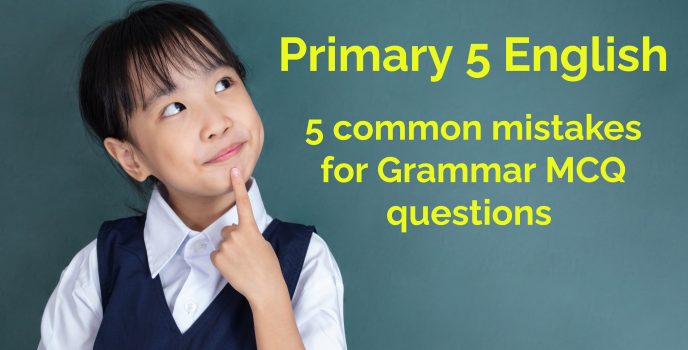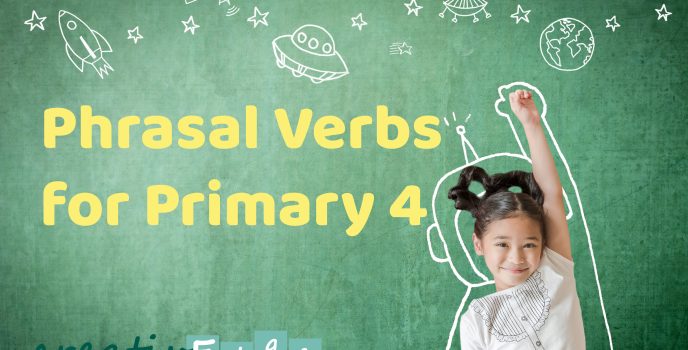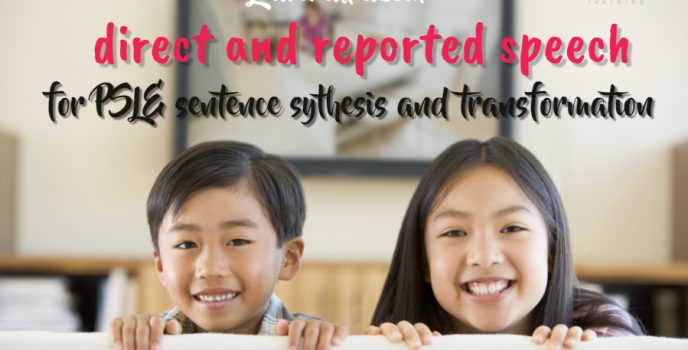An introduction to Primary 5 English Grammar Moving up to Primary 5, there are additional components which will be tested. In addition to the syllabus from the previous years, the Primary 5 English grammar syllabus also includes : Past and present perfect tense Past and present perfect continuous tense Verb patterns With the Primary 5 …
Why is it important to learn phrasal verbs for Primary 4 English? For the Primary 4 English Paper 2 exam, students are required to know the common phrasal verbs. This is primarily an introduction to the English syllabus at the Primary 5 level. For the Primary 5 English Paper 2 exam, there are questions on …
Many Primary 3 pupils complete an English grammar cloze passage by reading a passage and filling in the answers based on their understanding of the passage. However, such a method results in a higher probability of incorrect answers. This happens especially when a cloze passage is more challenging. To be precise in answering, the identification …
In the Primary 1 English syllabus, the learning of grammar is particularly important for Primary 1 pupils to build a strong foundation in the language. With a strong understanding of the grammar rules, pupils will be able to write with grammatical accuracy. This then leads to pupils being able to complete the different sections of …
For Primary 5 and Primary 6, pupils learn the grammar rules for different sentence structures. This is to prepare for PSLE synthesis and transformation. One common type of sentence structure which routinely appears as a common PSLE synthesis and transformation question is the conversion of direct speech to reported speech. Direct speech versus Reported speech …
An introduction to Primary 4 Synthesis and Transformation The questions for synthesis and transformation at the Primary 4 level commonly test the following : Conjunctions such as “Neither…nor”, “Either…or” , “before” and “after”. Present perfect tense Relative clauses using relative pronouns such as “whose”, “where”, “which” Conditional words such as “unless”, “if” Primary 4 pupils …





